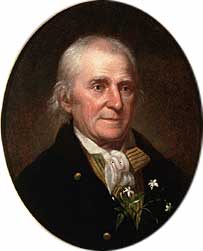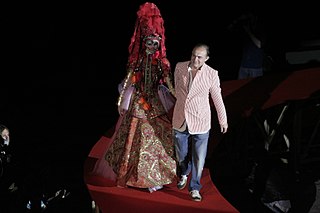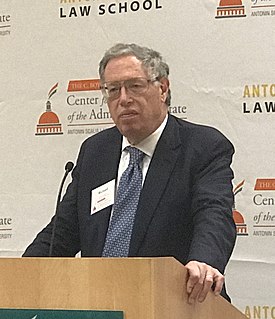A Quote by Diana L. Eck
We tend to gravitate towards our tribes; the challenge is to understand the people of other tribes.
Related Quotes
For me, creating the clothes of Givenchy is the way to make my tribe. It's related to religion, too, because it's people trying to find identity - the young generation is looking for tribes. You have the hip-hop tribes, the punk tribes, the rockers, you have the hipsters, the bourgeois ... The fact of the tribe is that it's like a religion. Punk is like a religion, because it's a belief.
So what? A lobbyist cheated Indian tribes out of $25 million then laundered their money through phony Christian charities trying to stop other Indian tribes from getting casinos [on screen: 'Thou Shalt Not Compete'] and bribe congressmen in the process. Know what I call that? I call that business as usual in Washington. [on screen: 'Screwing Indians']
Ninety-nine percent of the time humans have lived on this planet we've lived in tribes, groups of 12 to 36 people. Only during times of war, or what we have now, which is the psychological equivalent of war, does the nuclear family prevail, because it's the most mobile unit that can ensure the survival of the species. But for the full flowering of the human spirit we need groups, tribes.



































